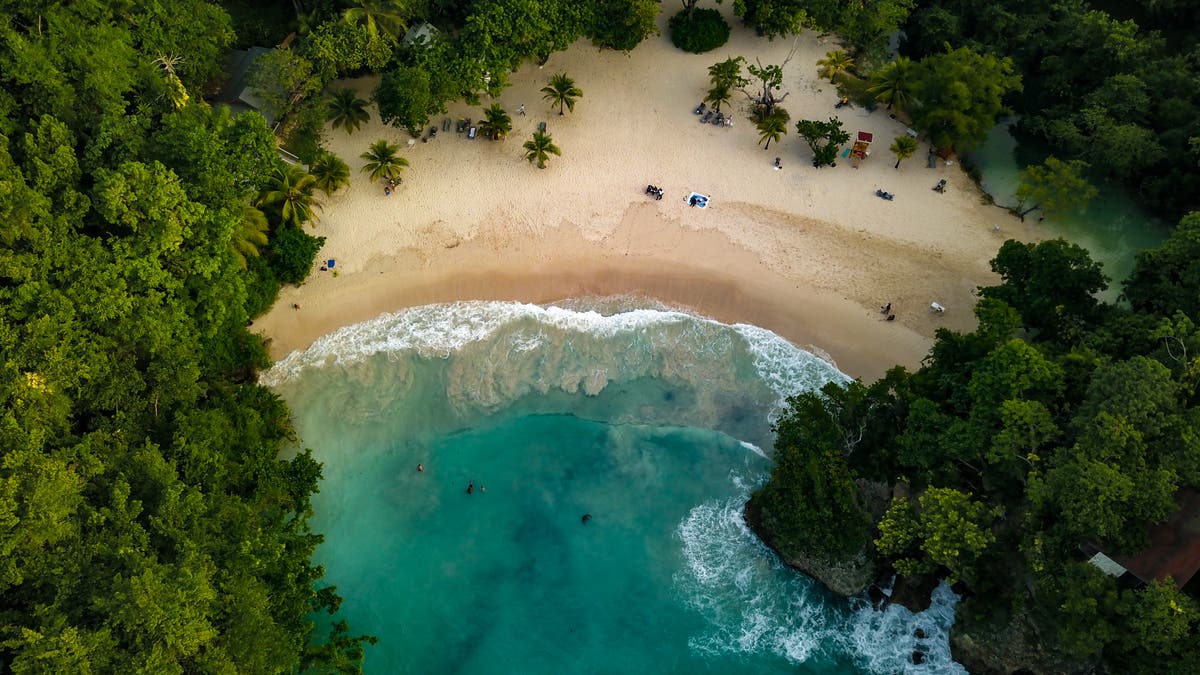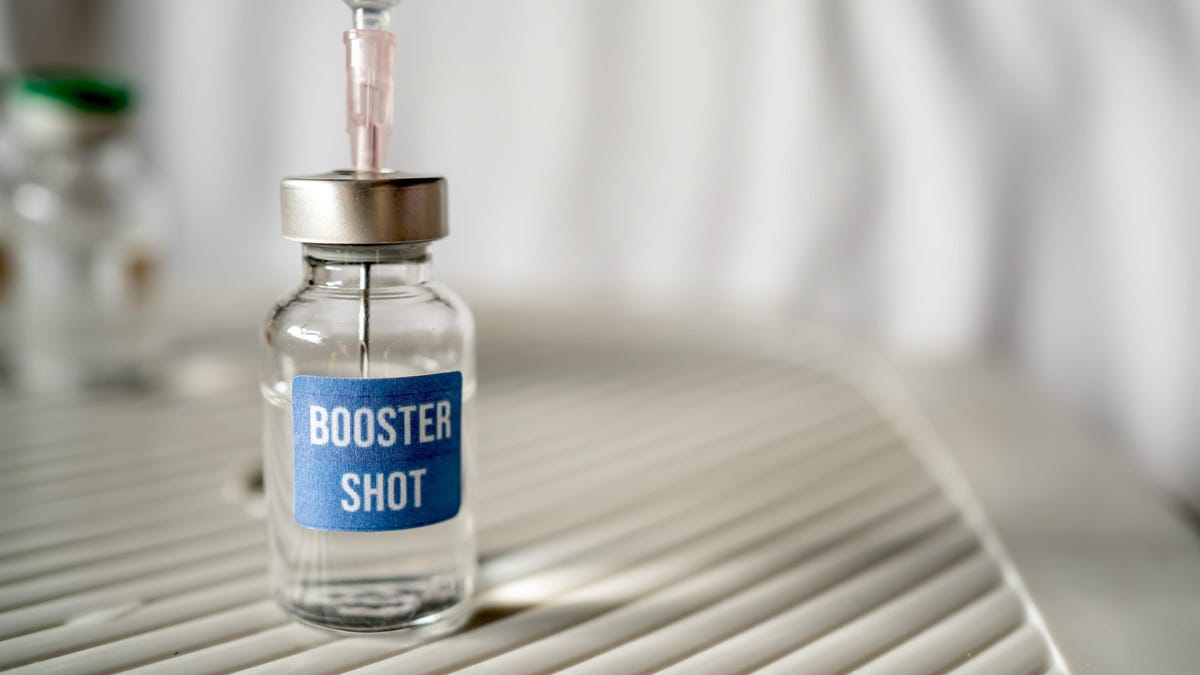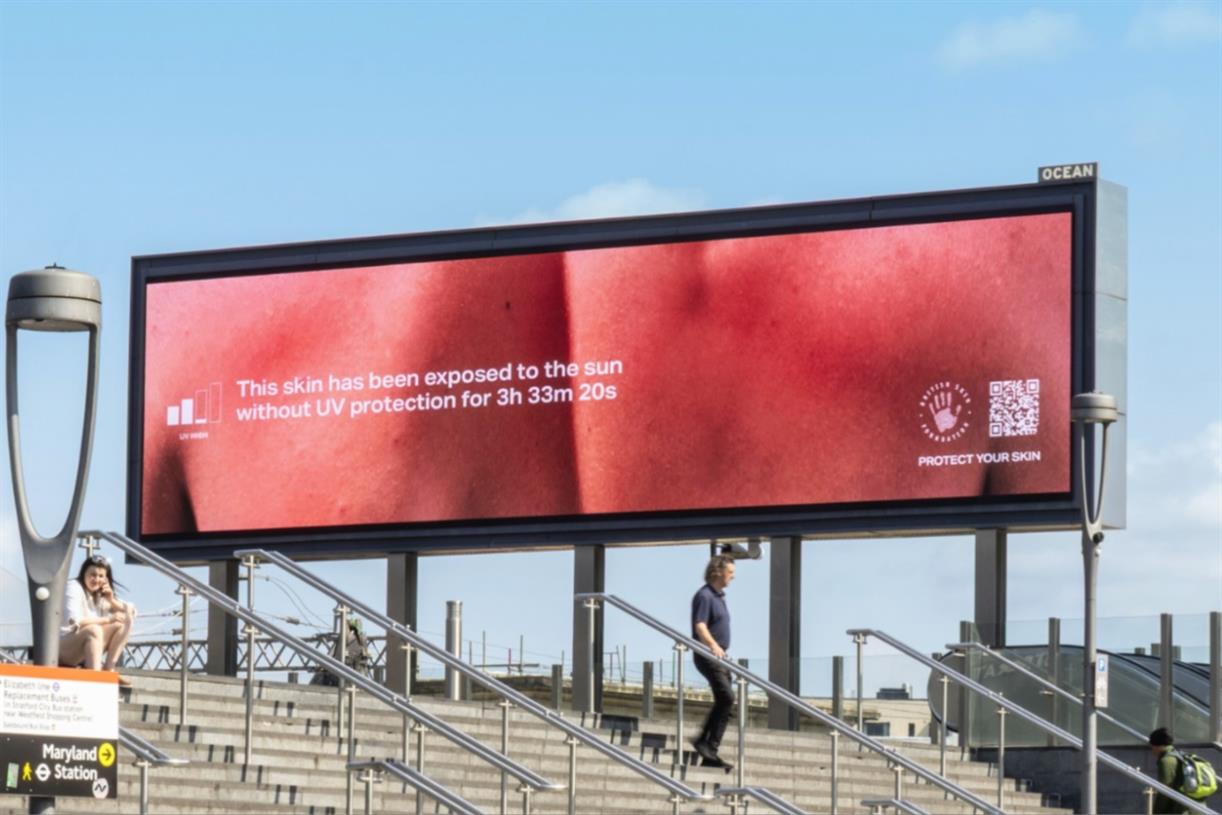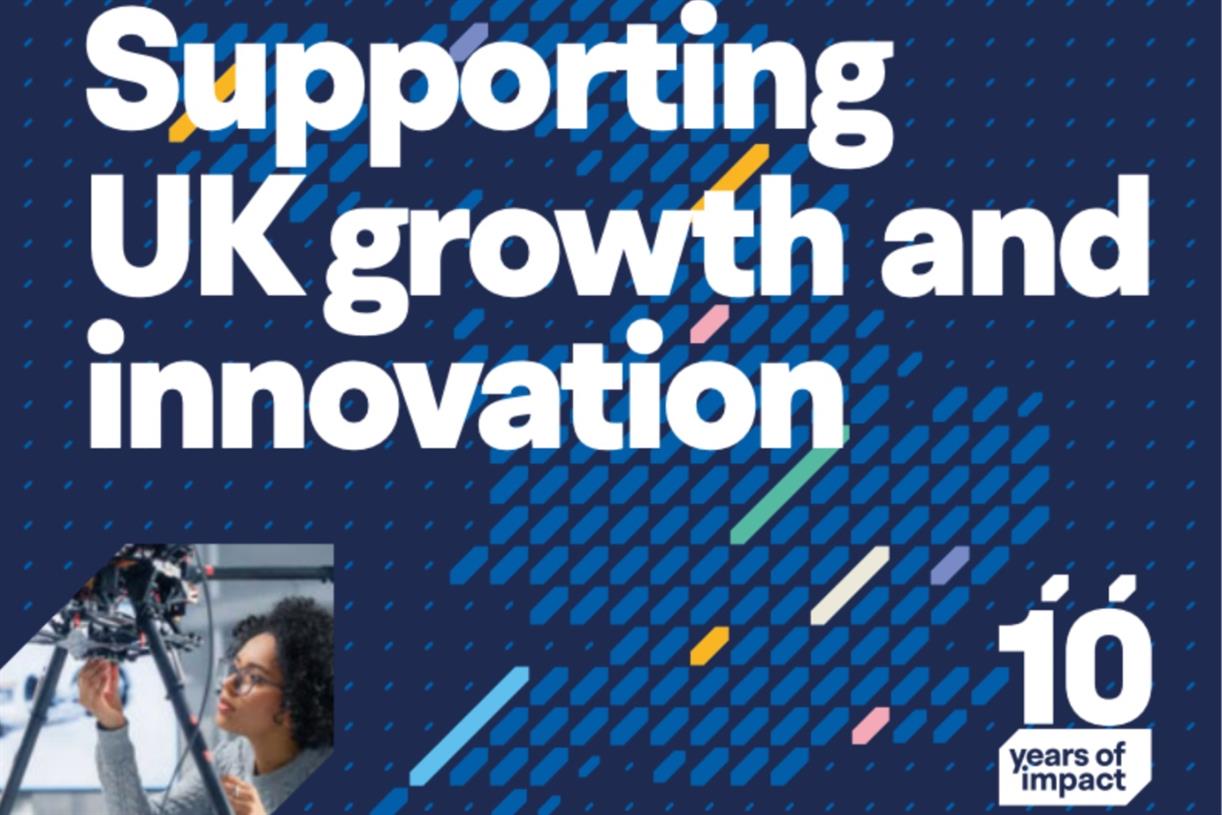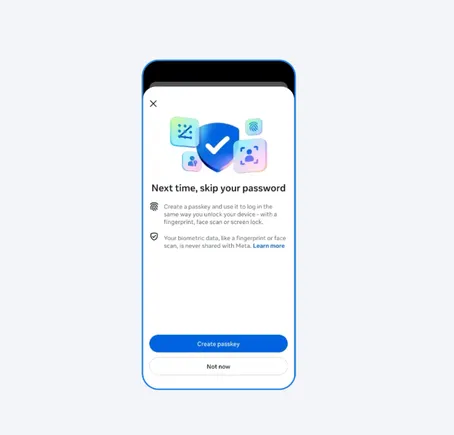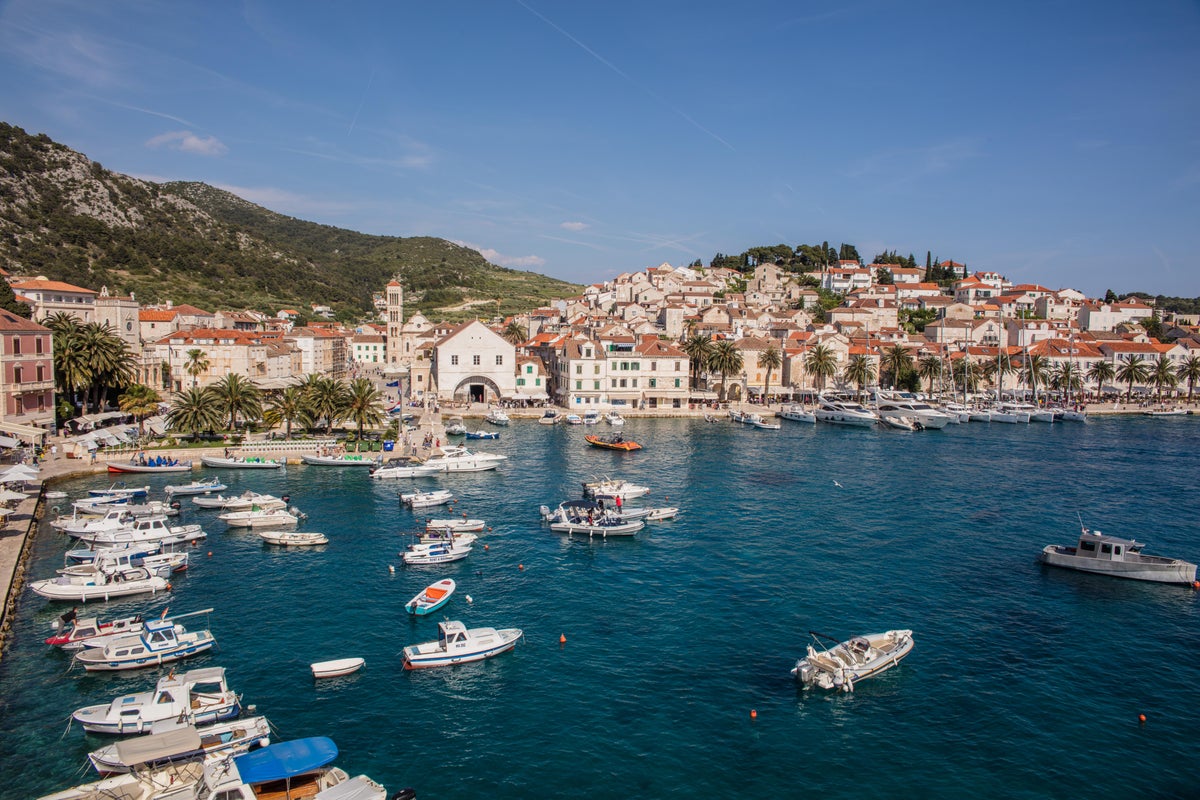Drenched by Super Soakers and blasted by buckets of water: Celebrating Songkran in Chiang Mai
With Thailand’s new year celebration now on Unesco’s ‘Lists of Intangible Cultural Heritage’, Lucie Grace was keen to experience the street parties in her adopted home – but she discovers there’s more to the festival than just water


Sign up to Simon Calder’s free travel email for expert advice and money-saving discounts
Get Simon Calder’s Travel email
Having a bucket of ice-cold water whipped over me by a child so tiny that I didn’t see her coming is really not how I thought my day was going to go. Water pistols, yes. Roadside hoses, sure. But truck upon truck driving past like Mardi Gras floats, loaded with vats of water that families and their dangerously small, bucket-wielding offspring throw as they pass by – well, that was a surprise.
I suppose I should’ve thanked the infant; the temperature was 40C. Thailand’s new year celebration, Songkran, takes place in the middle of April, one of the hottest months of the year up in Chiang Mai, where I live. But despite residing here for a few years, this was my first Songkran in the north, and blimey, I had a lot to learn.
“Songkran brings out everyone’s inner child” beams Patrick Tunhapong, a local blogger and historian. “It is traditionally a time that families get together, as elders and ancestors are honoured, but people in Chiang Mai are so nice, you’ll be part of the family here.”
He’s not wrong. Chiang Mai residents are known for being incredibly kind and polite, while usually pretty reserved – but not this weekend. It’s easy to hop on a float and get adopted by a passing family, then drive around on their truck (particularly if your water-launching arm is strong enough). A firm fan of spending the festival here in the north, Patrick says: “Songkran is special in Chiang Mai as the circulation and movement of people around the square moat that lines the old city means you can see everything and everyone. Water and people flow.”
Read more on Thailand travel:
It’s the first Songkran since it was added to Unesco’s ‘Lists of Intangible Cultural Heritage’, and Thailand has not held back: consequently, the celebrations are extra-long, lasting 10 days in Chiang Mai and 21 down in the capital, Bangkok. Usually occurring for four days in mid-April after the rice harvest, pouring water during Songkran is a symbolic act, representing cleansing, reverence of older family members and of course, optimistically hoping for good fortune for the year ahead.
It’s not all water fights and street parties, although they certainly are the most apparent and unavoidable element. Before I’d been blasted with Super Soakers and drenched by children with buckets, the day started with an impressive parade from the royal temple, Wat Phra Singh. Hundreds of monks, clad in orange robes and carrying Buddha statues, were followed by fon lep dancers with long silver nails, and alms carriers in traditional costume.
This was just one of over two dozen parades and traditional, devotional rituals that took place in some of the city’s hundreds of ancient temples every morning. Thousands of Chiang Mai residents were seen bringing out blessed water for the monks to wash their Buddha icons, collecting the water as it rolls off the statue (so the one offering can use the liquid to bless themselves), and dousing it over their shoulder at the end of the practice.
North Suvisa Vathananond, a local guide who runs North’s Chiang Mai, is thrilled with the Unesco award, like so many others who work in the region’s tourism industry. While this festival is the highlight of Thai folks’ year, she feels it is deserving of wider international recognition and to be firmly on the map for visitors.
“Songkran is so special because it gives you an intangible experience that doesn’t require any material things. It’s a human-to-human interaction, and water is free. In other countries you have tomato fights or fireworks but here we don’t need anything to run this festival,” she says, with a glint in her eye.
She giggles as she shares: “It’s also the one time of the year where you can play fight and not feel angry. It teaches you something: everyone is seen. It’s like a greeting – no matter who you are, it’s like “I see you”.
This community aspect of Songkran is recurring throughout my weekend. Local architect Opor Pharadon Phonamnuai, who is also the co-founder and co-owner of the city’s infamous and much loved Northgate Jazz Co-Op, agrees that for the stretch of days Songkran plays out, the city is united as one.
“Everyone, maybe 50,000 to 60,000 thousand people on the streets have one memory about one thing, it turns the whole of the city’s rhythm into one rhythm – the Songkran songs become like a communal heartbeat” he muses. “A festival like this can remind you that we used to live in communities, as we become a collective again for Songkran, you can share a beer, play together. I think that’s why people love to come to Chiang Mai for it.”
As it all winds down and normality is just about restored, I find myself missing the aquatic mayhem. I’ll have to find new reasons to talk to my neighbours – and vow not to leave it until next April.
Read more: The best hotels in Bangkok

 MikeTyes
MikeTyes 









